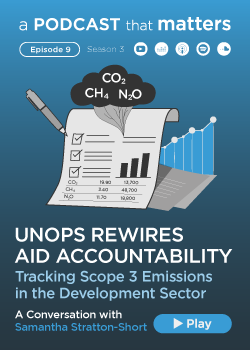Print

Econometrics for Macroeconomic Policy Evaluation: POLICYMETRICS
Details
Locations:Spain
Start Date:Sep 1, 2022
End Date:Aug 31, 2025
Contract value: EUR 614,900
Sectors: Macro-Economy & Public Finance, Monitoring & Evaluation
Description
Programme(s): HORIZON.1.1 - European Research Council (ERC)
Topic(s): ERC-2021-STG - ERC STARTING GRANTS
Call for proposal: ERC-2021-STG
Funding Scheme: HORIZON-AG - HORIZON Action Grant Budget-Based
Grant agreement ID: 101041145
Objective:
Traditionally, the evaluation of macroeconomic policy has relied on analyzing specific economic models which often do not correspond to the complex and data-rich environments in which real world policy decisions are made.
To this extent, I propose to develop a new framework for evaluating macroeconomic policy decisions ---policymetrics--- that is inspired by the robust inference literature in econometrics and makes minimal assumptions on the underlying economic model. The methodology detects optimization failures, i.e. instances in which policy decisions do not minimize the (welfare) loss function, and determines the causes and dynamics of such failures, all while fully respecting the limitations imposed by the Lucas critique.
Part 1. The detection of optimization failures is based on the gradient of the loss function evaluated at the proposed policy choice. The key insight is that for large classes of macroeconomic loss functions the gradient only depends on known or estimable sufficient statistics such as forecasts, dynamic causal effects and preferences. I will tailor the methodology to allow for constrained policy problems, risk aversion and the real-time detection of optimization failures.
Part 2. The methodology for understanding optimization failures is inspired by the forecast evaluation literature and aims to infer which trade-offs, across mandates and horizons, dynamics and variables were overlooked when setting policy. Among others, I will develop methods that test for systematic optimization failures, optimization encompassing and breaks in policy performance.
I will apply the framework to evaluate contemporaneous and historical monetary, fiscal and climate policy decisions from different governments and institutions around the world, hereby providing a unique non-model based assessment of modern macroeconomic policy.

